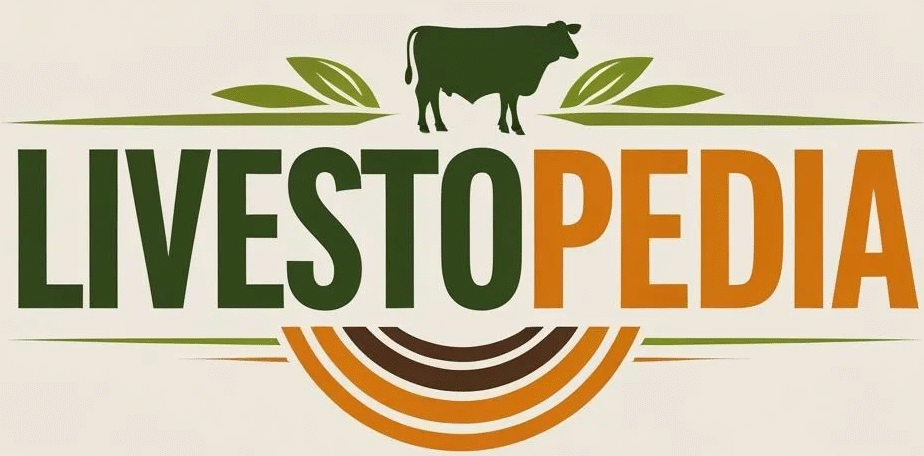Free-range foraging allows turkeys to access open pasture where they can search for natural foods such as grasses, seeds, and insects.
This system is valued for its potential to improve bird welfare, enhance meat flavor, and reduce feed costs, but it also comes with management challenges that farmers must address to ensure success.
Understanding the advantages, disadvantages, and best practices can help farmers decide whether free-range is the right fit for their operation.
One of the key benefits of free-range foraging is improved bird health and welfare. Turkeys in open environments have more space to move, which strengthens muscles, promotes natural behaviors, and reduces stress.
Foraging also provides a more varied diet, which can enhance meat flavor and nutritional value, especially if birds have access to diverse pasture plants and insects. In some cases, this can reduce the reliance on commercial feed, particularly during seasons when pasture growth is abundant.
However, free-range systems require careful planning to overcome potential downsides. Predation is a significant risk, as turkeys are vulnerable to foxes, dogs, hawks, and other predators. Fencing and guard animals, such as trained dogs, can help protect the flock.
Another challenge is exposure to parasites and diseases from wild birds or contaminated ground. Regular health checks, rotational grazing, and providing clean shelter can minimize these risks.
Weather extremes also need to be considered. Shade and windbreaks are essential in hot or cold conditions to keep birds comfortable.
To make free-range foraging work effectively, pasture management is crucial. Rotating birds between paddocks allows grass to regrow and reduces parasite buildup.
Supplementary feeding remains necessary, as pasture alone rarely meets all of a turkey’s nutritional needs, especially during the high-growth stages. Providing balanced feed in addition to forage ensures that protein, vitamins, and minerals remain at optimal levels.
Water stations should be placed in shaded, accessible areas to encourage regular hydration.
Farmers should also monitor flock behavior and growth closely. While active foraging is a sign of good adaptation to the environment, excessive ranging can sometimes lead to lower weight gain if supplemental feeding is insufficient.
